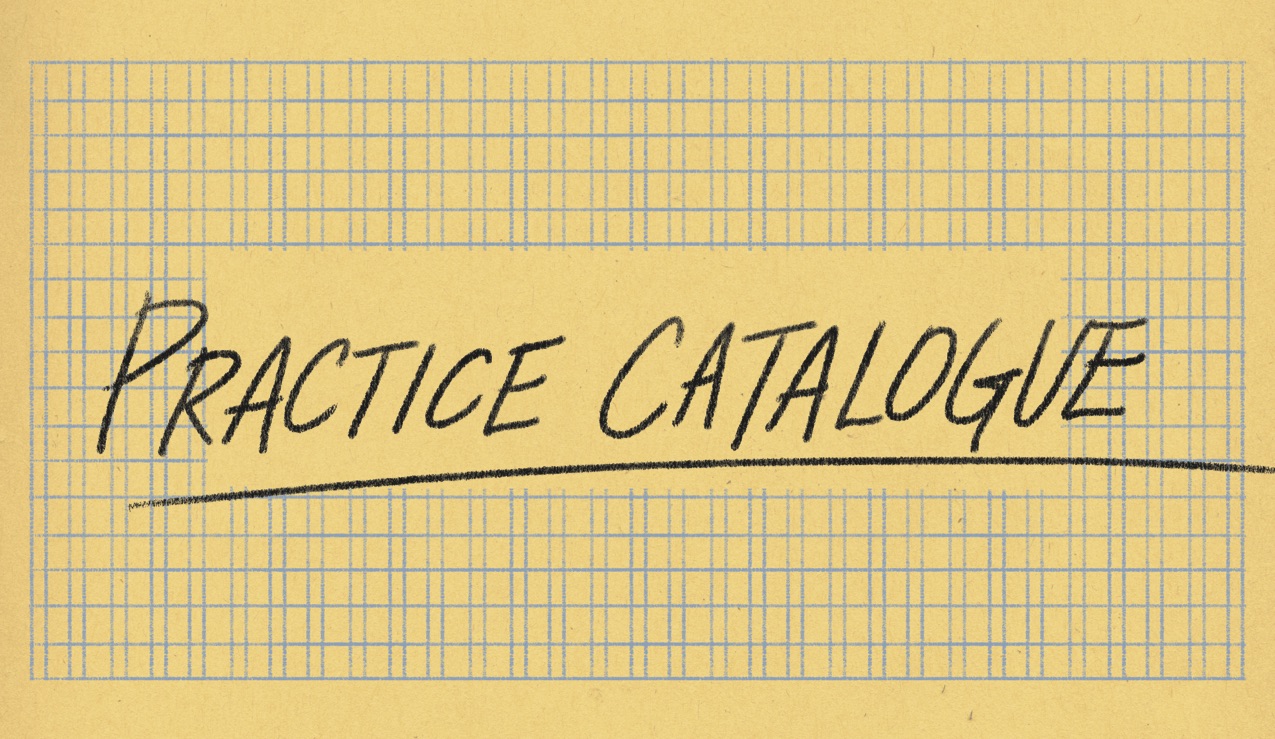Paul Legault on Translation
Only translation can increase what is known, keeping the old thing and growing it.
Untranslation is made up of the same thing as unintelligence.
The most adaptable personality can only be so adaptable, though the decadence of Rome’s use of vomitariums to keep the party going shows that it’s willing to be inventive, but what a person can do isn’t a lot compared to what the seas can do, and an endless party could only lead to death.
Or translation, which is an attitude here, as that’s how people know it—an escape from what bodies require. After consuming as much as we can, we have to admit that we haven’t taken in everything possible, having only barely eaten a small part of the animal. Though we’ve destroyed consumption itself: honestly, we don’t want any more. Translation has freed us from wanting to explode—and shown us a truly original event. We have to know we can’t swallow all the seas, though we know it’s more than just our stomachs that can hold it in. We’re full, as much as the sea is full; they have that in common. That’s how they’re the same thing. After satisfying her base urges, a person is free to think.
[This excerpt comes from Paul’s work-in-progress Fall&c., a line-by-line translation of William Carlos Williams’ Spring and All, WCW’s paean to the imagination. Here ‘imagination’ is replaced with ‘translation.’]
